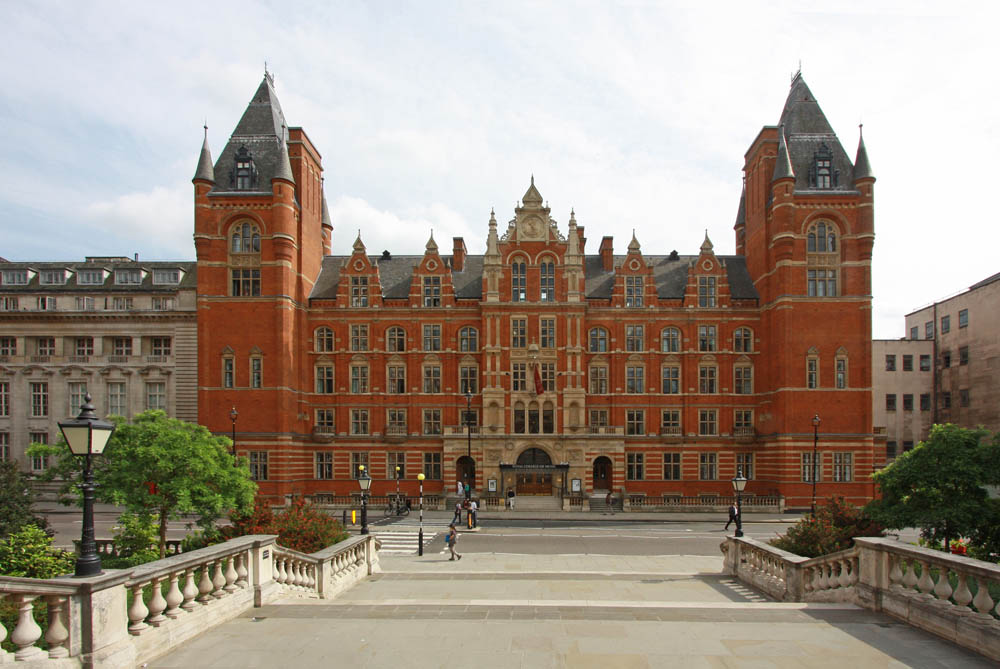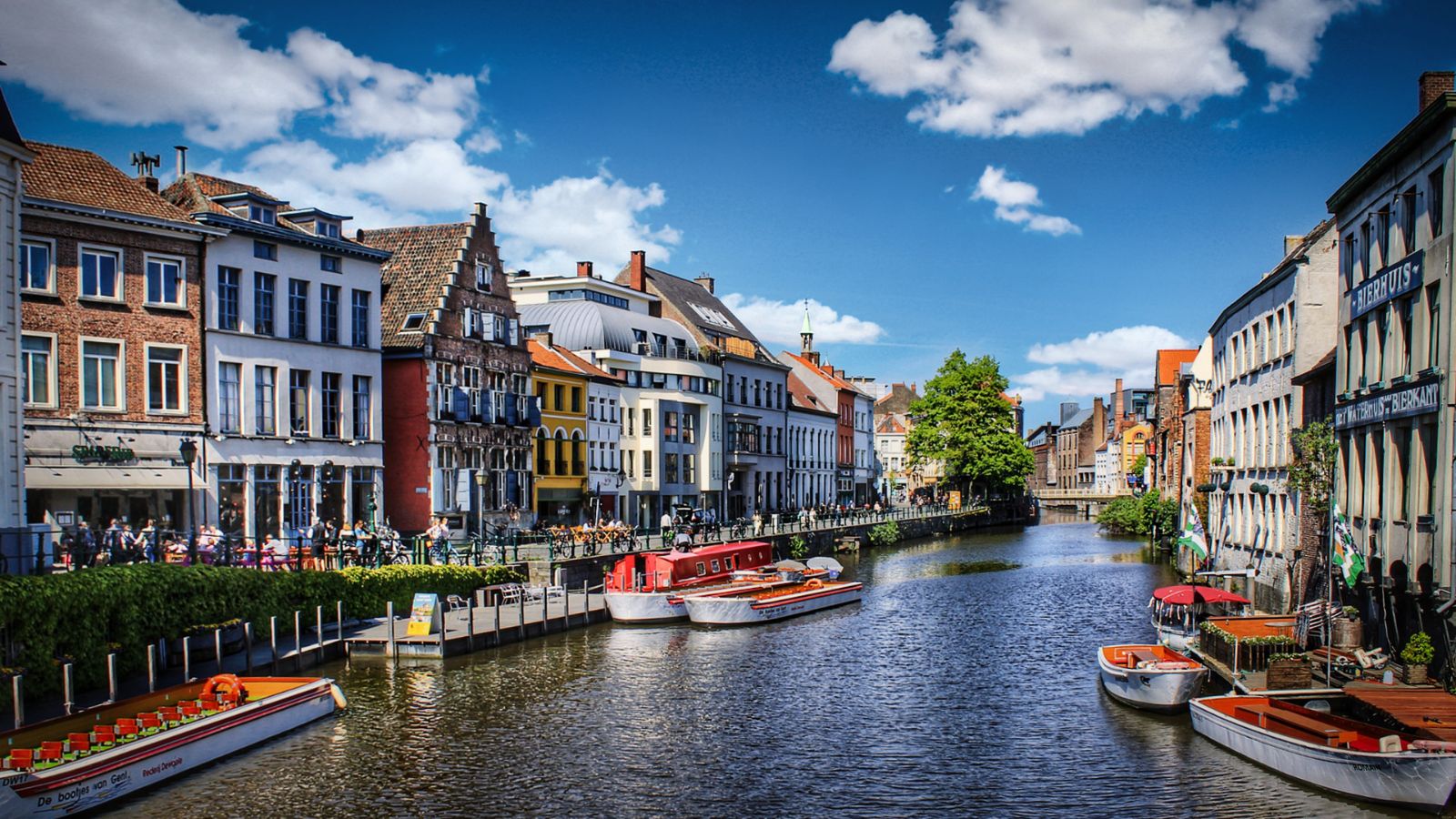Earning a PhD or doctorate marks the apex of your career, no matter your field of study. The major reason for such reverence is that a PhD takes years of deep study and original research. PhD course duration is longer than completing a bachelor’s or even a master’s degree.
Now, even though most PhD programs are structured such that they’re completed between 4 and 5 years, you might end up spending more time. Usually, the research and writing required for a dissertation cause these delays, making you spend up to seven years or more.
Interestingly, a PhD course duration differs from country to country and largely depends on your course of study, type of program, funding, and nature of your research.
As you prepare for your PhD applications, we would like to give you a clear picture of what to expect, including the requirements, course fees, duration across different countries, and factors that may affect them.
PhD course duration - What is a PhD?
A PhD simply means Doctor of Philosophy. But mind you, it doesn’t just apply to philosophy. You can earn a PhD in other fields like science, engineering, education, psychology, and even literature.
It’s also called a terminal degree because it marks the peak of formal education. Beyond mastering what’ already known in your chosen field, you’ve also pushed boundaries and contributed something new through original research.
When starting the journey, you first build a strong field foundation with your coursework, then move to the research stage, where you identify an innovation question, conduct research with proper methods, then finally present your findings in a dissertation. In the end, you present and defend your investigation before a panel of experts.
All round all, a PhD is more than proving you’re a specialist in your field, but also capable of critical, independent, and innovative things. No wonder it often leads to leadership roles in industries, government, and international organizations.
PhD Requirements & Course Fees
Yes, a PhD is majorly about research, but there is another set of requirements meant to prepare you for advanced work in your course field. Depending on the university or country of study, you need to tick different boxes before you’re conferred the doctorate title. These are the most common:
- Advanced coursework, which are graduate-level classes that introduce you to deeper knowledge in your specific course.
- A comprehensive exam is used to test your overall understanding of the course, like theories, methods, and key literature.
- Dissertation, comprising of original research project where you explore an innovative question and contribute a unique perspective to your field.
- In some cases, you take up teaching or research assistantships to build academic and professional experience.
That said, before getting admitted, universities expect application materials like:
- Personal statement
- Academic references
- Grades or Transcripts,
- Sample of your work or a research proposal.
- English language proficiency through tests like IELTS or TOEFL (For international students)
What is the cost of a PhD? Again, it depends on your country and institution of study.
If you’re in the UK, you’ll spend between £15,000 to £35,000 per year. For instance, Leeds Beckett University charges around £15,500 per year for most full-time PhDs.
The annual tuition in the US usually falls between $28,000 and $40,000, though in some cases it can go up to $55,000. Try and check the specific university’s website for the overall cost.
No need to fret if you don’t have the required funds. Many PhD students receive financial support through scholarships, studentships, or fully funded programs. You can use them to cover the tuition and sometimes even living costs.
How Long Does it Take to Get a PhD?
For those asking, how long does it take to get a PhD, the honest answer is – it depends. There’s no definite PhD time duration, but the average is between 3 to 6 years.
Sometimes, it can even take seven years or more, depending on your pace, program type, and research requirements. In fact, part-time studies take between 4 to 7 years since research is spread out over a longer period.
However, if you’re taking the study as a full-time job, expect to earn your doctorate earlier. In the UK, for example, a PhD full-time duration is often 3 – 4 years.
Then, for integrated PhDs, that is a combination of master’s and PhD into one program, takes around 5 to 6 years.
If you’re too busy to commit to physical programs, there are virtual options that typically last 3 to 5 years. Although recognition of online PhDs varies by country.
Despite a PhD being a long journey, nothing beats the deep expertise, independence, and satisfaction of contributing something new to your field.
PhD Duration in Different Countries
Interestingly, the PhD duration in countries like Australia, the UK, and Europe is typically shorter than in the United States. This is because students in the US usually spend 1 to 2 years completing their coursework before moving to their dissertation research. Here’s a table with an overview of PhD degree years in different countries:
| Country | Duration |
|---|---|
| USA | 5–8 years |
| Canada | 4–6 years |
| Australia | 3–4 years |
| UK | 3–4 years |
| Germany | 3–4 years |
| France | 3–4 years |
| Netherlands | 4 years |
| Sweden | 4–5 years |
| China | 3–6 years |
| Brazil | 4–5 years |
| Portugal | 4 years |
PhD Duration in India
For fully committed students, the PhD time period in India is between 3 to 5 years. Part-time students take longer, usually 4 to 7 years or longer.
Online studies can be completed in 4 years, while an integrated PhD takes 5 to 6 years and is open to students straight after their bachelor’s degree.
For those undertaking an industry-sponsored PhD, that is, one backed up by a company to focus on solving practical and industry-based problems usually lasts 3 to 5 years.
PhD Duration in the UK
How many years of PhD course are obtainable in the UK? Full-time programs last around 3 to 4 years, dedicating around 40 hours a week to studying, researching, analysing, and writing.
For those who take the part-time route, the duration is usually 6 to 7 years. Plus, students commit about 20 hours a week to studies, which is half the time compared to full-time students.
PhD Duration in the USA
Full-time students can take 4 to 8 years to earn a doctorate in the US. Part-time students, on the other hand, may take 8 to 10 years; however, combining it with a relevant master’s degree can reduce the time to completion to 4 to 5 years.
Overall, how many years it takes to complete PhD in the USA depends on the course of study, prior qualifications, and your pace of research.

PHD General Timeline (What Does the PhD Journey Look Like?)
Yes, the PhD journey is long, yet there’s a structure with clear stages from admission to project defense. So, you’ll be busy at every point. Take a look below:
Phase 1: Admission and Coursework (6 - 12 Months)
Once you’ve cleared entrance exams and interviews, the mandatory coursework begins, focusing on research methodology, core subject modules, and interdisciplinary electives. This coursework solidifies your foundation before the independent research.
Phase 2: Exam or Evaluation (3 - 6 Months)
In some universities, you’re required to take a qualifying exam, aimed at testing your knowledge and readiness for research. It’s almost like you’re preparing for a competitive exam.
Phase 3: Research Proposal (3 - 6 months)
What topic are you willing to explore in your research? You make that known at this phase. Your proposal should define your research objectives, problem statement, methodology, expected outcomes, and literature review. You wait for approval by your research committee before starting your main thesis work.
Phase 4: Research and Data Collection (1 - 3 years)
This is the core phase of your PhD journey. Here, you carry out experiments and surveys. And when you’re done with your fieldwork or case studies, you collect and analyze the data.
Even though the required duration is 1 to 3 years, your pace, topic, and resources may extend it.
Phase 5: Writing the Thesis (6 - 12 months)
With your research done and findings analyzed, you compile them into a thesis document. Each draft you prepare must receive feedback from your supervisor and must be carefully structured. Again, the time you spend here depends on external factors like writing speed and depth of work.
Phase 6: Thesis Defense (1-3 months)
You present your research before examiners, justifying your methods and answering any critical questions they may have for you. You’re conferred a doctorate once you pass the defense.
So, how long is PhD course? The general timeline for full-time students is 3 – 6 years. But some students may take longer, especially during their research and writing phases.
How Long Is A Part-time PhD Program?
For those wondering – how long is a PhD part-time program? It takes between 4 to 8 years to complete because you’ll spend half of the time dedicated to full-time study.
But truly, how long largely depends on your schedule. You could choose to study on weekends or evenings, depending on what works for you. Also, if you’re focused and give it more work every week, you’ll finish faster.
Factors Affecting Ph.D. Course Duration
The PhD total years of study are not specific. Everyone goes through different journeys based on their subject, scope of research, personal circumstances, university rules, and even the quality of supervision. Let’s explain below:
1. Subject of Study
Courses like science, technology, engineering, and mathematics will take more time as they require many experiments and prototype developments. But if you take humanities or social science subjects, the duration depends on the time you spend on fieldwork or writing lengthy projects.
2. Complexity of your Research Problem
Remember, you’re bringing a fresh perspective to your subject area. So, if your question is quite broad or technically demanding, more time will be spent resolving it.
3. Institutional Requirements
Things like coursework, progress reviews, and dissertation guidelines differ from school to school. This structure can either speed up or slow down your PhD completion.
4. Level of Supervision and Guidance
If you have a dedicated supervisor who gives timely feedback, you’re likely on your way to completing your PhD in less time.
5. Full-Time or Part-Time Study
Since full-time students dedicate more time to their studies and research, they will finish earlier than those on a part-time basis. That’s because part-time students usually balance school with jobs, family, and other responsibilities.
If there are funds attached to specific timeframes and deliverables, students will mostly push to hit the target. Take away that funding pressure, and some students may take longer to complete.
6. Country and University
Finally, the country and institution of study determine how long the PhD journey will take. For example, in the United States, PhD programs usually last longer than in the UK or India, partly because they include more coursework and training.
Benefits of a PhD
Having gotten a satisfactory answer to – how long does it take to obtain a PhD? You might wonder if the journey is worth taking. Well, here is what you stand to benefit:
- A chance to become an expert in your field. Not just one assigned to you, but one you chose and care about deeply. Your knowledge will deepen with strong research, problem-solving, and critical thinking skills.
- Unlike bachelor’s or master’s degrees, a PhD isn’t about learning what others have discovered. Rather, you’re making an original contribution, doing something others have never done. This can feel rewarding.
- Your knowledge will be put into practice because you’re not just memorizing facts. You’ll design research projects, run experiments, gather data, and write about your findings.
- A chance to connect with other passionate researchers. You’ll share ideas, learn from different perspectives, and sometimes collaborate on projects. Beyond school, this opens you up to more collaborations in the future.
- Your career opportunities become broader. Your advanced research skills can land you work in universities as a lecturer or researcher. You can even join research organizations, influence government policy, or work in industries like technology, healthcare, or consulting.
- Finally, many students move to new cities or even another country to pursue their doctorate. It’s quite exciting because you get to experience new cultures, make lifelong friends, and grow personally, not just academically.
If you’re considering making this big move, uhomes.com ensures you don’t sweat over your accommodation. Navigating a new city and settling into your school is already a lot. There are more than 2million properties around 2000+ universities and 500+ cities. You’ll need to fill out an application form to get started.
Conclusion
All round all, the PhD course duration depends on how much you’re willing to dedicate, your university guidelines, personal responsibilities, and how broad your research topic is.
A PhD isn’t just about coursework, research, and thesis presentation. It requires years of dedication, questions that sometimes don’t have answers, and the patience to keep going until you find them.
While some students aim to become professors, others simply aim to prove they can push human knowledge a little further than before.
FAQ on PhD Course Duration
For many people, it is. Research shows that around 85% of PhD holders say it positively impacted their careers, and they also enjoy some of the highest employment rates. Beyond career benefits, a PhD can also be deeply rewarding for those passionate about research and discovery.
It’s rare, but possible. Most PhDs take about 3 to 8 years, depending on the field, research scope, and funding. Finishing in under 3 years requires an exceptional strategy, strong focus, and favorable circumstances, so it’s not the norm.
Ph.D. holders can work in academia as professors or researchers, but many also build careers outside universities. Common paths include data science, consulting, policy advising, product management, and science communication. Others explore government, healthcare, finance, nonprofits, or entrepreneurship.
They are recognized as long as the university is accredited. Online programs are super flexible. So, it’s a good choice for working professionals. Although this online study works well for fields like the humanities, it may not suit research-heavy areas that require labs or hands-on work.
You need a bachelor’s and sometimes a master’s degree first. You’ll apply with a research proposal, complete advanced coursework, and pass qualifying exams. Then, you’ll conduct original research, write a dissertation, and defend it before experts. The process can take between 3 to 8 years.
It can take several months to a year, involving preparing materials and submitting applications. Once submitted, processing may take up to three months. After acceptance, completing the PhD typically takes 3 – 8 years, depending on the field and study mode.








